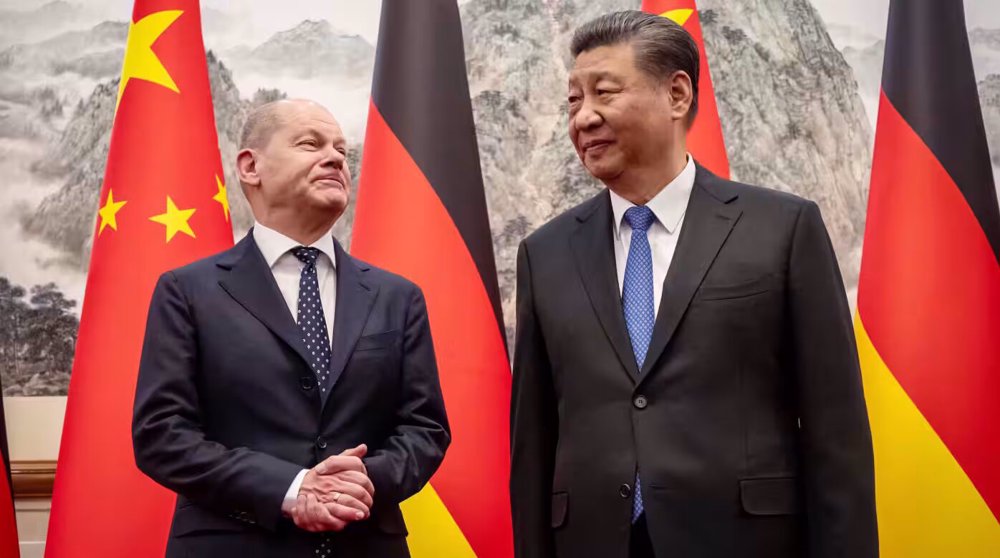Brexit: UK no longer in top 10 for trade with Germany
For the first time since 1950, the UK is on course to lose its status as one of Germany's top ten trading partners this year, as Brexit-related trade barriers drive German firms to seek for business elsewhere in the Europe.
Britain left the bloc on January 30, 2020, but its new life with Europe only started following the transition period on December 31, when the UK was no longer bound by the EU’s laws and rules. As the immediate consequence, customs border checks for import and export returned for the first time in decades, and despite the free-trade deal, queues and disruption from additional paperwork were expected.
According to the Federal Statistics Office data, German imports of British goods sank nearly 11 percent to 16.1 billion euros during the first six months of this year.
Furthermore, the whole bilateral trade between the UK and Germany has declined by 2.3 percent, pushing Britain down to 11th spot from ninth, and from fifth before it voted to leave the EU in 2016.
According to a survey by the Federation of German Wholesale, Foreign Trade and Services (BGA) in December 2020, one in five companies has been restructuring their supply chains to exchange British suppliers with other suppliers in the EU.
Michael Schmidt, President of the British Chamber of Commerce in Germany, said, “More and more small and medium-sized companies are ceasing to trade [in Britain] because of these [Brexit] hurdles,” adding that “many companies anticipated the problems... so they decided to pull forward imports by increasing stocks.”
In both May and June this year, Germany-UK bilateral goods trade remained below end of 2019 levels, while every other major German trade partner had their grows.
“The UK's loss of importance in foreign trade is the logical consequence of Brexit. These are probably lasting effects,” said Gabriel Felbermayr, President of the Kiel Institute for the World Economy (IfW).
A data breakdown showed German imports of British agricultural products fell by more than 80 percent in the first half of the year while imports of medicines were almost halved.
“Many small companies simply can't afford the extra burden of keeping up to date and complying with all the kicked-in customs rules such as health certificates for cheese and other fresh products,” Schmidt said.
The UK has been moved from a global leader on conformity assessments to a relatively isolated regional player after Brexit.
VIDEO | Press TV's news headlines
VIDEO | American, Israeli rabbis call for ceasefire during protest near Gaza
Iran calls for enhanced defense cooperation with Russia
US campus crackdown: 500 pro-Palestinian protesters arrested
VIDEO | Yemenis rally in Sana'a in solidarity with Palestinians in Gaza
VIDEO | Jordanians march after Friday prayers in support of Palestinians
Far-right Israeli minister Ben-Gvir injured
Germany clears pro-Gaza camp as US-style demos spread across Europe











 This makes it easy to access the Press TV website
This makes it easy to access the Press TV website